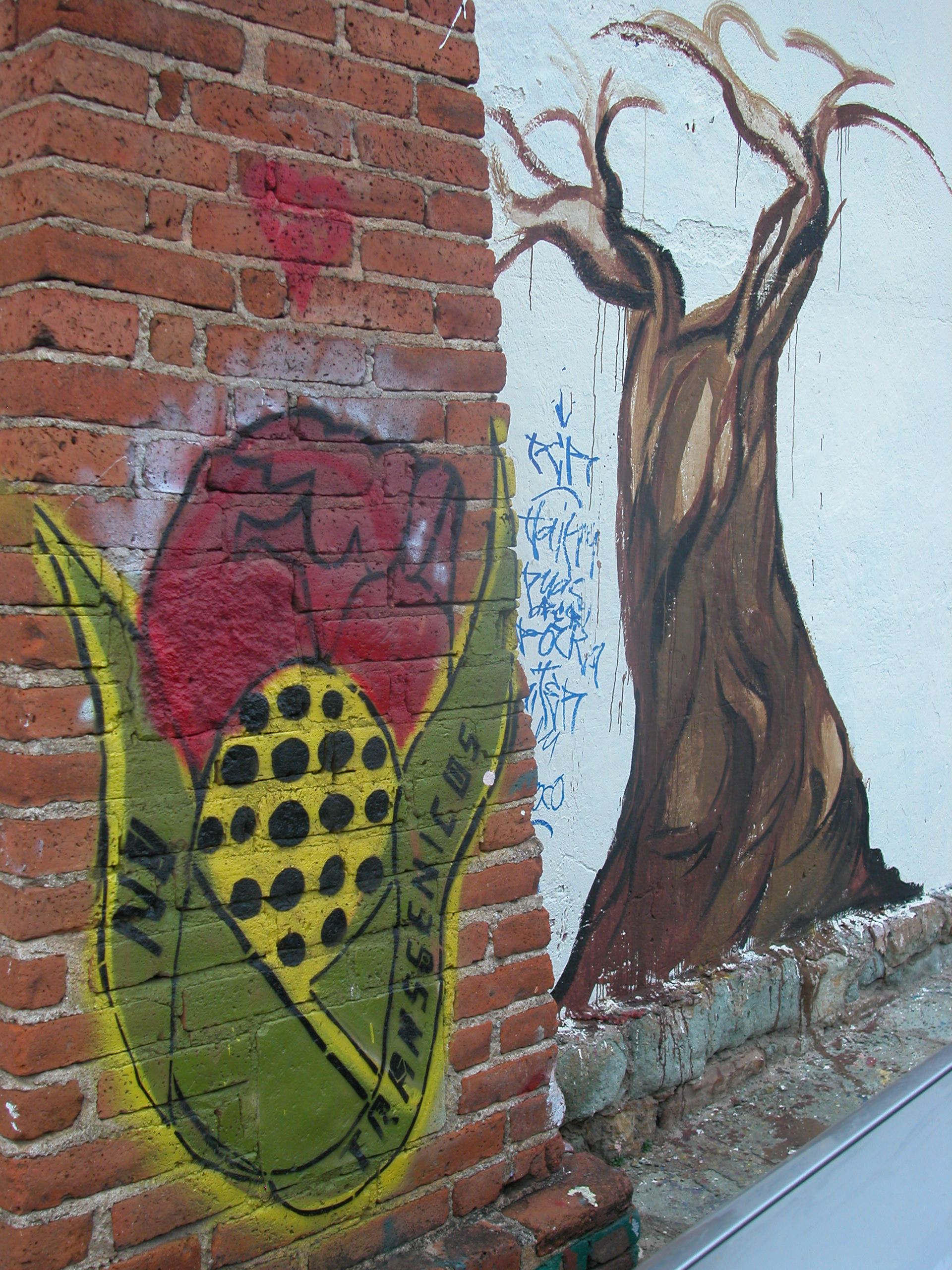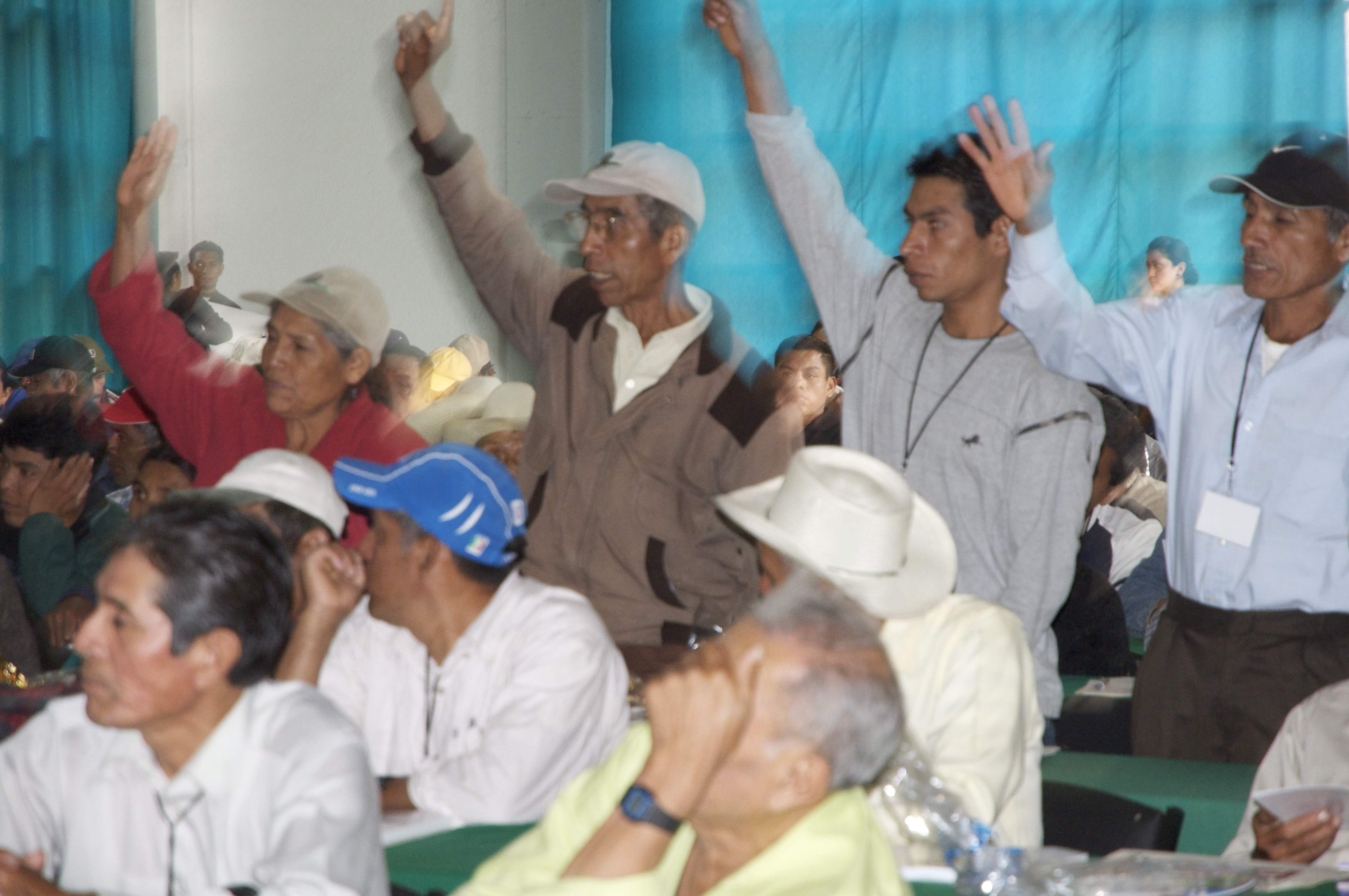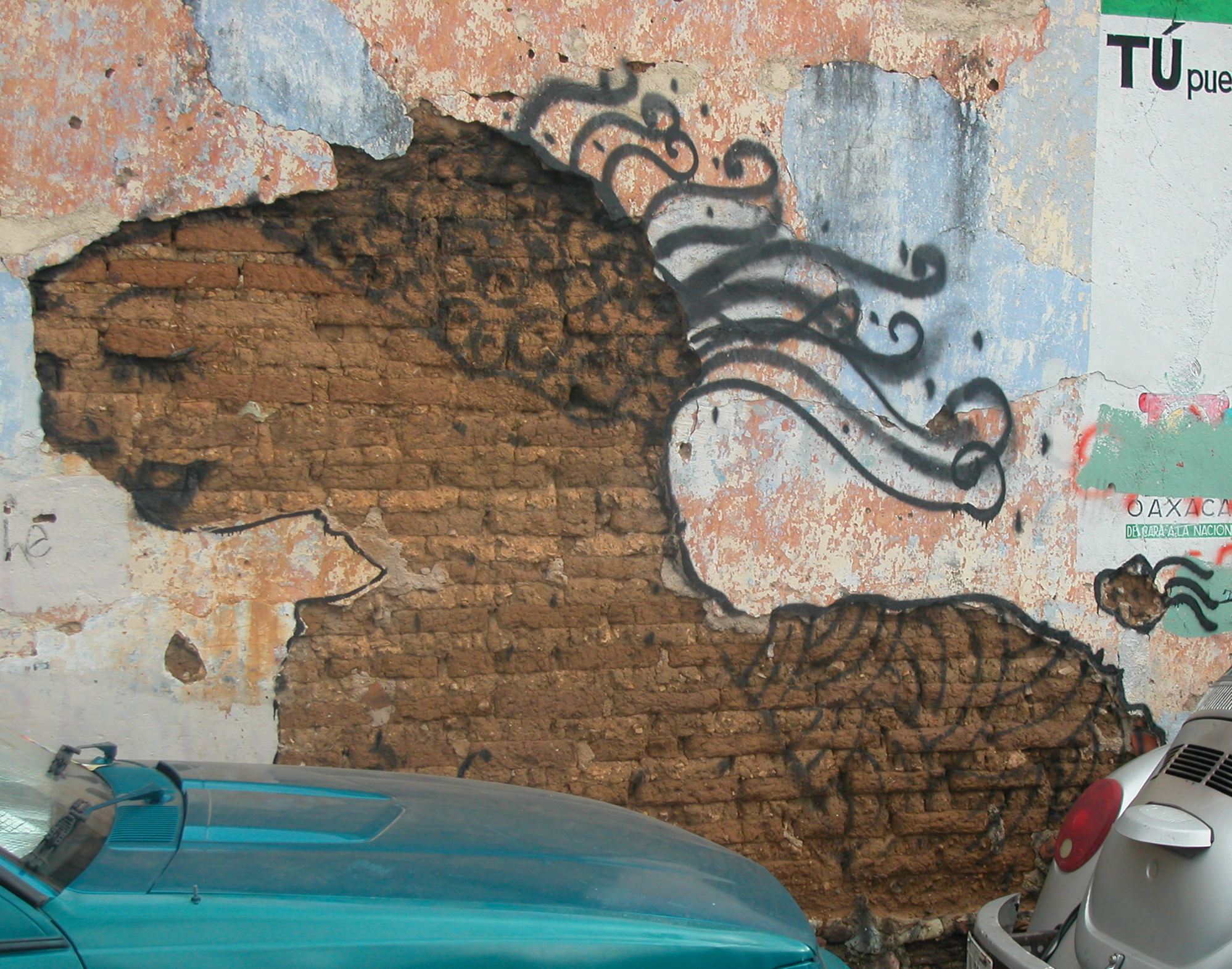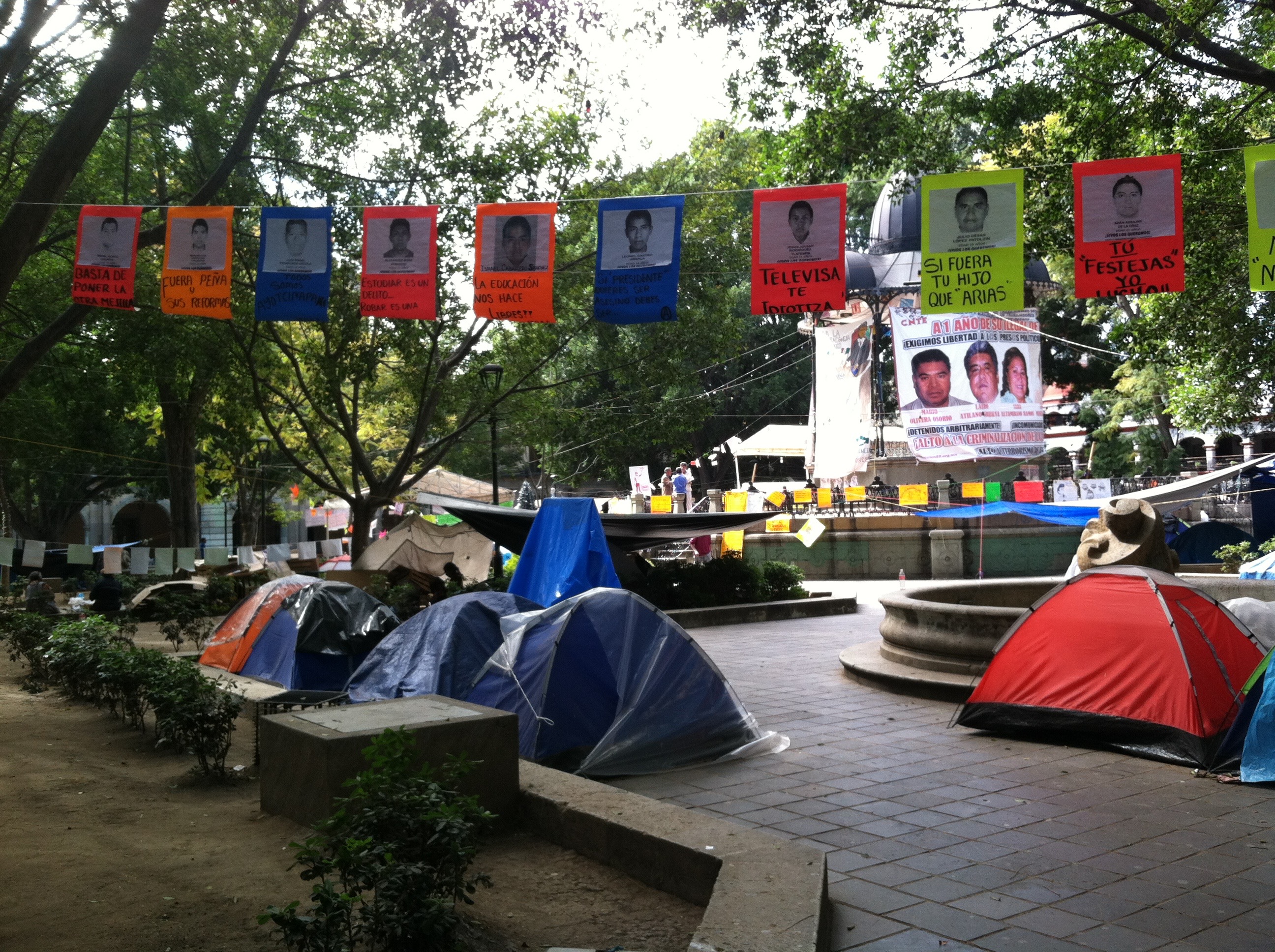
Tad Mutersbaugh
Professor of Geography University of Kentucky
My work rests at the intersection of political ecology, political economy, agrarian formations and feminist theory. My present project, 'Certified Lives', examines the lived experience of transnational certification practices in the context of certified-organic and fair-trade coffee. I Trace relations of power and transparency through transnational networks, and argue that that what passes for transparency in international certification circles apears rather opaque when viewed from a coffee producer standpoint. The resulting inbalance in power and access to knowledge limits the potential contributions of green consumerism to social progress, and at the same time introduces 'neoliberal' rationalities -- embedded in standards, norms, and auditing frameworks -- into production.
This lack of transparency in certified food networks results, I suggest, from the reworking of certification templates under the ISO (International Organization for Standardization) rubric. However, what most concerns me is the effect that these neoliberal production modalities on producers, their families, and communities. My field research in Oaxaca has found that certification:
- increases production costs to levels that are not sustainable, particularly for smaller organizations,
- requires use of accounting and organizational skills in short supply in villages,
- makes it very difficult to determine who makes decisions about prices and purchases for, for example, fairtrade or organic products,
- enables a prolifieration of local norms and standards without providing clear channels for producers to appeal and/or modify norms.
Interests: Latin America/Mexico/Political Economy/Political Ecology/Matrix Ecology/Feminist Theory/Cultural Marxism/ Transnational Institutions/ Cooperation and Cooperatives/Ethnography
Political Economy of Transnational Certification: Signs, Labels & Rents
The political economy of certification is my principal focus at the present. Key questions explore the making of the international certification regime under the ISO rubric, and the effect that this particular certification framework has on producers and producer cooperatives and unions. I make use of ethnographic fieldwork in Oaxaca, Mexico to examine three interlinked questions of political economy. First, to what degree may certified-organic and fair-trade production be understood as a form of rentier capitalism, and what implications does this have for relations with agro-food networks? Second, how does the illumination of certain practices within certified production, for instance of producer prices and cultivation methods, affect the process of commodity fetishism? Third, how does the enrollment of producers within these networks affect household decision-making and local governance practices?
Otto J, Mutersbaugh T, Forthcoming 2015, ‘Certified Political Ecology’, In eds T Perreault, G Bridge, JA McCarthy, Routledge Handbook of Political Ecology Routledge
Wilson B, Mutersbaugh T, 2015 ‘Fair Trade Certification, Performance and Practice’ In eds L Raynold and E Bennett, The Handbook of Research on Fair Trade, Edward ElgerMutersbaugh T, Lyon S, 2010. Ethical action: political and cultural economies of fairness Geoforum
Mutersbaugh T, 2012, Redes éticas: las organizaciones campesinas y la gobernanza de cualidades, In, Sistemas Agroalimentarios Localizados: Identidad territorial, construcción de capital social e instituciones. Eds, G Torres Salcido, RM Larroa, (México DF, Universidad Nacional Autónoma de México) pp. 303-328.
Lyon S., Aranda Bezaury J., Mutersbaugh T., 2010 Gender Equity in Fairtrade-Organic Coffee Producer Organizations: cases from Mesoamerica Geoforum
Mutersbaugh T, 2008. 'The certification service economy: Coffee, Certification and work in Mexico' In onfronting the Coffee Crisis: Sustaining Livelihoods and Ecosystems in Mexico and Central America, edited by Christopher M. Bacon, V. Ernesto Méndez, Stephen R. Gliessman, David Goodman, and Jonathan A. Fox (forthcoming, MIT Press, 2008).
Mutersbaugh, T, 2006, Agricultura orgánica, certificación medioambiental y gobernanza rural: notas sobre transparencia y opacidad, Local Agro-Food Systems Network's Third International Congress of Food and Territories (ALTER 2006, Baeza Spain)
Mutersbaugh T, Klooster D, Renard M-C, Taylor P. 2005. Certifying rural spaces: Quality-certified products and rural governance JOURNAL OF RURAL STUDIES 21 (4): 381-388 OCT 2005
Mutersbaugh T. 2005. Just-in-space: Certified rural products, labor of quality, and regulatory spaces JOURNAL OF RURAL STUDIES 21 (4): 389-402 OCT 2005
Tovar LG , Martin L , Cruz MAG , Mutersbaugh T . 2005. Certified organic agriculture in Mexico: Market connections and certification practices in large and small producers JOURNAL OF RURAL STUDIES 21 (4): 461-474 OCT 2005
Mutersbaugh T. 2005. Fighting standards with standards: Harmonization, rents, and social accountability in certified agrofood networks ENVIRONMENT AND PLANNING A 37 (11): 2033-2051 NOV 2005
Mutersbaugh T, 'To Serve and To Certify: Organic Coffee, Certification Services and Village Cargo Service in Mexico' Environment and Planning D: Society and Space Special Issue: New Geographies of Work 22 (4): 533 - 552
Mutersbaugh T, 2003. 'Ethical Trade and Certified Organic Coffee: The implications of agricultural product certification for Mexican producer households and villages' Transnational law and Contemporary Problems 12(1): 89-107.


Political Ecology, Agrarian Formations & Matrix Ecology
A second aspect of my research examines the intersection between social conservation networks -- in this case organic- and fair-trade coffee producer networks -- and local conservation ecologies. I make use of matrix ecology and ethnography to raise questions about the how areas in need of protection are identified, how they may be connected to other conservation areas through corridors, and how farmers can participate in regional convervation efforts. This initiative is still 'under construction' as it were, but will examine both ecological questions, framed through matrix theory, and social-network concerns addressed through theories of political economy and cultural studies.
Bowen S, Mutersbaugh T. 2014, ‘Local or Localized? Anglo-American versus Franco-Mediterranean Conceptualizations of People and Place in Agro-Food Networks’, Agriculture and Human Values.
Mutersbaugh T, Martin L, 2012, ‘Protocols and the dialectics of disassembly: heifer care, value and alienation in a village community’ Environment and Planning A 44(3): 723-740.
Mutersbaugh T, Klooster D, forthcoming ‘Environmental Certification: standardization for diversity' In Agriculture, biodiversity and markets: Livelihoods and agroecology in comparative perspective, eds, Lockie, Stewart and David Carpenter Earthscan
Tad Mutersbaugh. 2006. Certifying Biodiversity: Conservation networks, landscape connectivity, and certified agriculture in Southern Mexico. In, Karl Zimmerer ed., Globalization & New Geographies of Conservation (Chicago: University of Chicago Press). pp 49-70.
Mutersbaugh T, 2004, Demographic Change, Commons Management, Migration', Common Property Resource Digest V June 2004
Gender, Indigenous Peoples & Alternative Visions of Latin America
A third research area examines struggles over development within households, villages and communities. My village-based studies in indigenous villages within Oaxaca, Mexico point to both the vast changes that neoliberal development has wrought on Oaxaca's villages, leading to intensive migration flows and new forms of economic life and the frequent -- one might say unalloyed -- failure of project-based development. My published work illuminates both the causes and consequences of failure, and also to the novel ways in which engagement with development projects alters local practices.
Mutersbaugh T, ‘Wainwright’s Geopiracy’ Dialogues in Human Geography, March 2014; vol. 4, 1: pp. 91-93
Mutersbaugh T, 2008, Oaxaca: Terror and non-violent protest in a video age ANTIPODE 40 (2): 205-210
Mutersbaugh T, 2002, 'Migration, Common Property, and Communal Labor: Cultural Politics and Agency in a Mexican Village'
Political Geography 21:473-494Mutersbaugh T, 2002 'Building Co-ops, Constructing Communality: Geographies of cooperative politics' Annals of the Association of American Geographers 92(4): 21 pages
Mutersbaugh T, 1998 Bread or Chainsaws?: Paths to Mobilizing Labor for Cooperative Rural Development in a Oaxacan Village (Mexico)' Economic Geography 75(1): 43-58
Mutersbaugh T, , 1997 'Women's Work, Men's Work: Technology Acquisition in a Oaxacan Village (Mexico)'
Environment and Planning D: Society and Space V16 pp. 439-458.


